Search Results

Modeling a Hyperbolic Wave in a Layered Metal–Dielectric Metamaterial
Learn how model a metamaterial made of thin layers of periodically organized silver and silicon dioxide and calculate its permittivity tensor components.
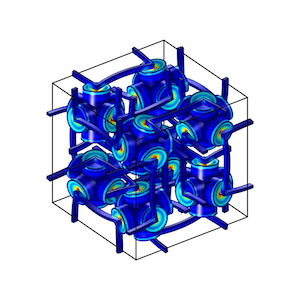
Analyzing a Unique Poroelastic Metamaterial with Simulation
This blog post combines the subjects of 3D printing and metamaterials, featuring a group that used simulation-based research to analyze a unique poroelastic metamaterial.

Metamaterials Make Physics Seem Like Magic
Metamaterials are a new and emerging technology with vast potential to reshape our views on what is and isn’t possible in this physical world of ours. Unlocking the mysteries and overcoming the obstacles associated with metamaterials would lead to a host of technological advances once thought impossible by even the most imaginative of individuals. From making computer chips smaller and faster than the most advanced current ones, to protecting structures from earthquakes, to developing imaging technology that doesn’t harm tissue […]

Modeling a THz Photoconductive Antenna with COMSOL Multiphysics®
Photoconductive antennas are commonly used in terahertz engineering. Learn how these devices work and how to model one with the Semiconductor Module and RF Module.
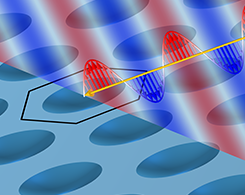
Understanding Higher-Order Diffraction
Explore how to use the Ewald sphere to study diffraction from planar periodic structures. (Interact directly with the model to get the full picture!)
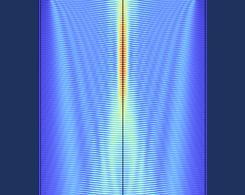
Building a Metalens Design App with COMSOL Multiphysics®
Here, we explore how to build a simulation app for reflective metalens design, which can easily be compiled into a standalone app.
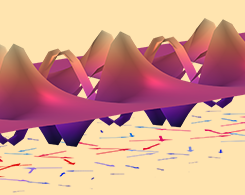
Modeling Surface Plasmon Polaritons in COMSOL®
Due to their potential applications in nanoscale manipulation of light, surface plasmon polaritons (SPPs) are of great research interest. Learn how to model them here.
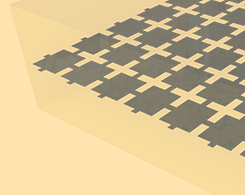
Modeling Graphene in High-Frequency Electromagnetics
Graphene exhibits a variety of interesting properties, including high elasticity and mechanical strength. In this blog post, we’ll explore how to model graphene in an electromagnetic simulation.
